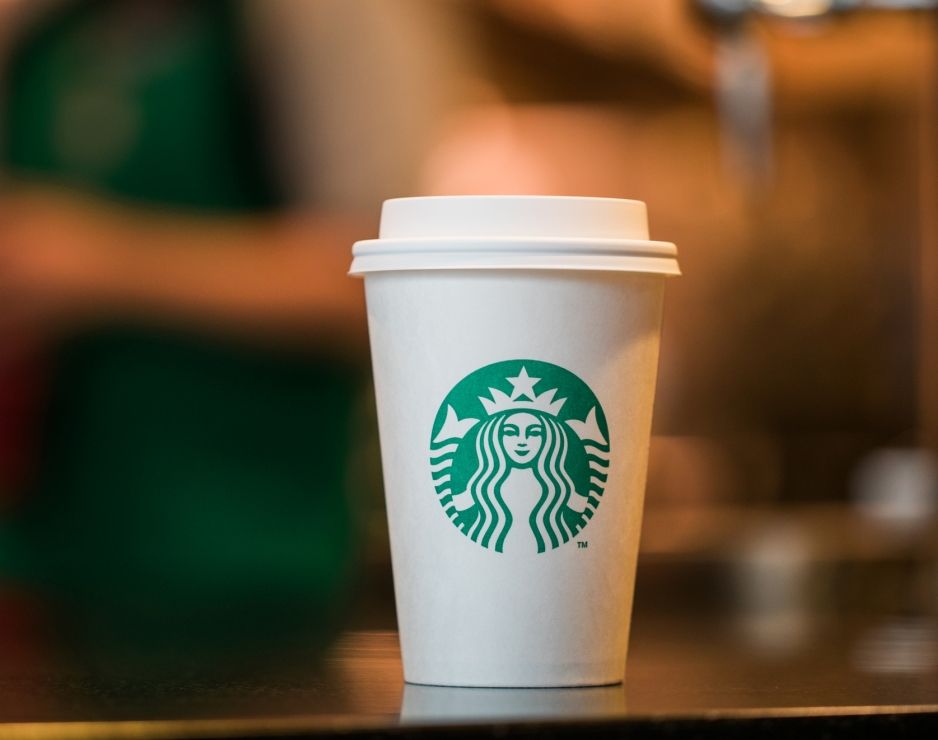
Several companies have come under intense public scrutiny following incidents in which employees’ implicit biases have resulted in the denial of access to places of public accommodation. In April 2018, the manager of a Philadelphia Starbucks called the Philadelphia Police Department on two black men who had requested to use the restroom while waiting for a business meeting. Mere minutes after their arrival, the store’s manager called the police and complained that the men were trespassing. The men were placed in handcuffs and arrested, but were not ultimately charged with a crime and were released when it became clear that Starbucks did not intend to press charges. Although the Starbucks incident received considerable media attention, it is but one of several recent examples in which social media has called out a company for implicit or unconscious bias. Also in April 2018, an employee of L.A. Fitness in Secaucus, New Jersey called the police, complaining that two black men were trespassing at the gym. In reality, one man was a paying member of the gym and the other was the member’s invited guest.
As previously discussed on this blog, both the New York State Human Rights Law (“NYSHRL”) and the New York City Human Rights Law (“NYCHRL”) prohibit denying “the use of places of public accommodation . . . because of age, race, creed, color, national origin, sexual orientation, military status, sex, marital status, or disability.” Locations such as a Starbucks and L.A. Fitness gym are unquestionably “places of public accommodation.” These laws require that the alleged discriminatory conduct be causally related to the individual’s race or other protected status. Denial of access to a public accommodation such as Starbucks or L.A. Fitness based on the customer’s race would arguably amount to a violation of the NYSHRL or NYCHRL.
In the wake of this incident, Starbucks’ CEO, Kevin Johnson, has publicly apologized, and the company has taken measures in an apparent effort to prevent similar incidents going forward, including revising its policies to provide that any customer is welcome to use Starbucks’ restrooms, cafés and patios, regardless of whether they make a purchase, and closing over 8000 Starbucks locations on the afternoon of May 29, 2018 to conduct “racial-bias education geared toward preventing discrimination in [its] stores.” Such measures suggest that Starbucks is interested in combating implicit and unconscious racial bias towards its customers, but the extent to which an afternoon of training can undo and counteract a pre-existing implicit bias remains to be seen. Starbucks employees retain the right to expel or deny access to customers deemed to be “behaving in a disruptive manner.” Such measures are unquestionably “too little too late” for individuals who have already been denied access to or the use of public places of accommodation or have otherwise been subjected to unlawful discriminatory conduct.
If you believe that you’ve been discriminated against or denied access to or the use of a public place of accommodation, call (212) 257-6800 or complete the form on this page to speak to an attorney who can advise you of your legal rights and answer any questions you may have.
| Kenneth D. Walsh Associate |
| WIGDOR LLP 85 Fifth Avenue, New York, NY 10003 T: (212) 257-6800 | F: (212) 257-6845 |
| kwalsh@wigdorlaw.com wigdorlaw.com |
Call Now: (212) 257-6800